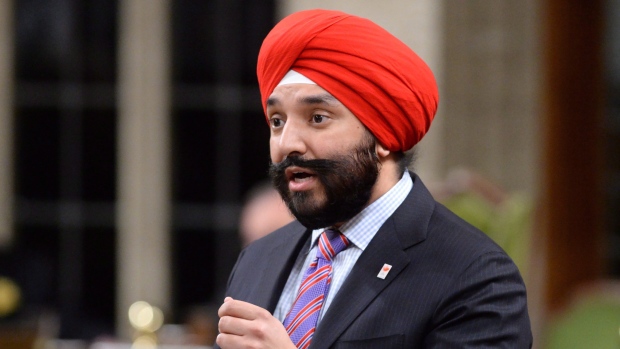Jul 5, 2016
Provincial trade deal hits obstacle as Alberta seeks exemption
, The Globe and Mail

Ottawa and the provinces are expected to reach a long-promised deal on internal trade at this month’s premiers summit in Whitehorse, but a major hurdle remains over whether governments should be able to protect some contracts from going to out-of-province companies.
Ontario, British Columbia, Saskatchewan, Manitoba and Prince Edward Island have agreed to what one official called a “gold standard” that would open up all government procurement to outside firms.
But sources say negotiations hit a snag two weeks ago when Alberta’s government sought exemptions to the deal. One source said Alberta is proposing an exemption that would ensure at least 20 per cent of public procurement contracts go to local companies.
Alberta has already stated publicly that it will give preference to local businesses as it awards government contracts to rebuild Fort McMurray, which was devastated by fire in May.
One option under discussion is a two-tier deal in which some provinces would remove all barriers to public procurement, while others would have exceptions.
The federal minister responsible for the file, Navdeep Bains, is pushing against a two-tier arrangement in favour of a single deal that would fit with what Canada has already agreed to in international trade pacts such as the Comprehensive Economic and Trade Agreement (CETA) reached with the European Union.
Mr. Bains, who is the Minister of Innovation, Science and Economic Development, will meet with his provincial counterparts Friday in Toronto. Sources are optimistic that the outline of a deal will be reached there and that it can be further refined in time to be presented to the premiers for final approval when they meet July 20-22 in Whitehorse as the Council of the Federation.
“We feel well-positioned that we’ll be able to make recommendations to the premiers later this month at the Council of the Federation,” said Jessica Hume, press secretary to Brad Duguid, Ontario’s Minister of Economic Development and Growth. Mr. Duguid has been chairing the provincial meetings.
Ms. Hume declined to comment on the possibility of a two-tier deal, but a senior official involved in the negotiations told The Globe and Mail that is a strong possibility.
“We will most likely have a base agreement and a gold standard agreement. With the gold-standard provinces, that means for government procurement, there wouldn’t be barriers to that between provinces and there wouldn’t be excluded entities in trading with each other,” the official said. “In the immediate term you will see regulatory barriers released in a fairly significant fashion, especially the gold standard provinces which will drop all kinds of barriers between trading with each other.”
Ottawa and the provinces have been engaged in prolonged negotiations aimed at revamping the Agreement on Internal Trade, which was signed in 1994. While that deal was meant to eliminate trade barriers between provinces, a long list of obstacles remain for businesses and workers because rules and regulations are not harmonized. Expectations of a deal have been raised at various times in the past, yet an agreement has proved elusive.
A March deadline to reach a deal came and went this year.
A recent report by the Senate committee on banking, trade and commerce said the failure to reach a deal was “baffling” and estimated the Canadian economy is currently losing billions a year because of interprovincial trade barriers.
The Senate report listed examples, including varying rules for the size of a beer bottle and a ban on the sale of Quebec’s unpasteurized cheeses outside of the province.
Philip Proulx, a spokesman for Mr. Bains, said the federal government wants all provinces to sign the same agreement.
“We’re working with the provinces to have one, common main deal with all the provinces that’s comprehensive,” he said.
The Alberta government declined to comment Monday on the details of the discussions.
“As trade ministers head into final negotiations later this week in Toronto, officials from all provinces and territories are working diligently towards a new and inclusive Internal Trade Agreement. Our goal is to get the best deal for Alberta, just as every province and territory is working to get the best deal for their jurisdiction,” said Jean-Marc Prévost, a spokesman for Deron Bilous, Alberta’s Minister of Economic Development and Trade, in an e-mail.
One official said Ontario and the other provinces tried to resolve the dispute by suggesting that only Alberta firms be allowed to bid on the rebuilding of Fort McMurray.
“We signalled to them, look if you have an issue with Fort McMurray for specific procurement, as a country we would be amenable to protections with regard to that,” the official said. “But what they are asking for is a 20 per cent local preference on infrastructure procurement, which is a big deal. That came out of left field.”